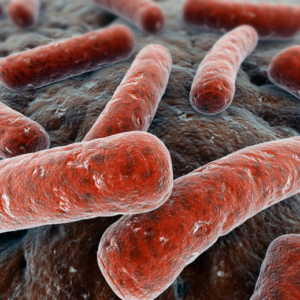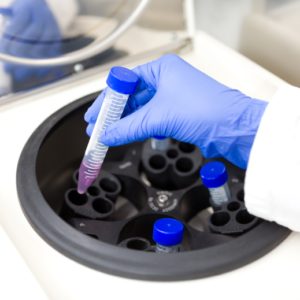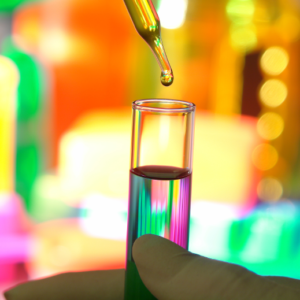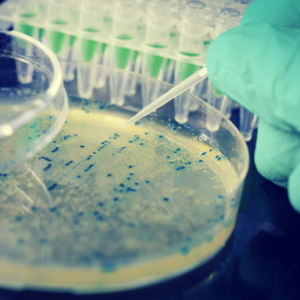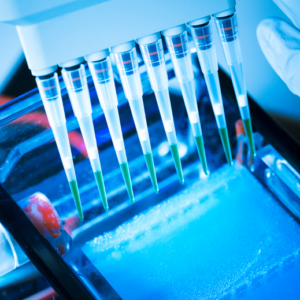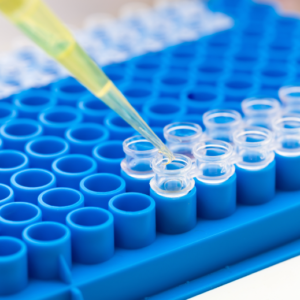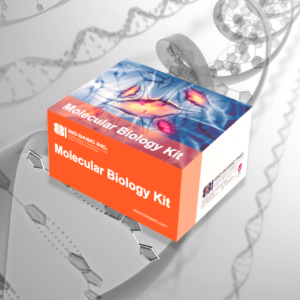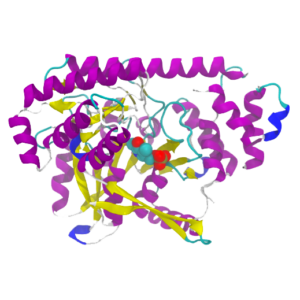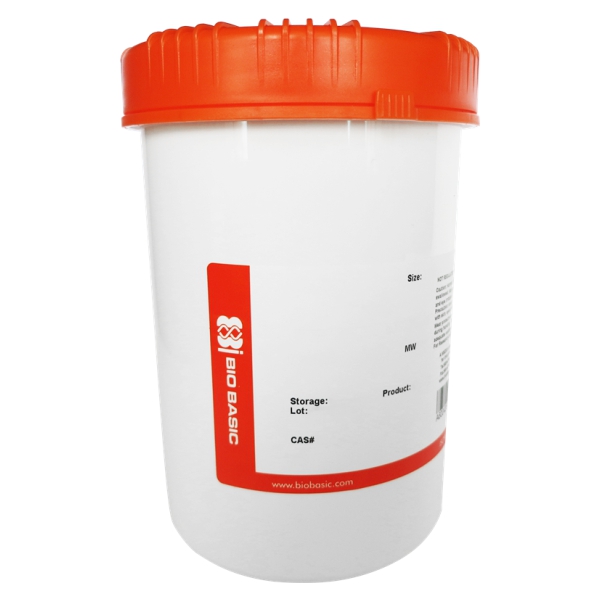PEG 6000 (Poly(ethylene glycol)): Polyethylene glycol (PEG) is a condensation polymer of ethylene oxide and water. PEG’s are susceptible to oxidative degradation in the presence of air. Minimizing the exposure of PEG to elevated temperatures and/or exposure to oxygen, or addition of an antioxidant can limit the amount of degradation. PEG has been used in many different applications. A single-step method is described for the activation of PEG for binding to polypeptides and proteins. PEGhas been used in the precipitation of proteins, as a fusing agent in enhancing the effect of macrophages on hybridoma, in the separation and purification of biomolecules, and in induction of cell hybridization. PEG is incompatible with phenol and may reduce the antimicrobial action of other preservatives. Both penicillin and bacitracin are rapidly inactivated by PEG. PEG is also incompatible with sorbitol, tannic acid and salicylic acid and may affect the integrity of plastics.
PEG 6000 (Polyethylene glycol)
£29.00 exc. VAT
500g
| CAS | [25322-68-3] |
|---|---|
| Grade | Biotech |
| HS Code | 3907.20.0091 |
| Manufacturer | Bio Basic |
| Pack Size | 500g |
| Shipping Conditions | RT |
| Sterile | |
| Storage Conditions | 18 to 25C |
| UNSPSC Category | Biochemical Reagents |
| UNSPSC Code | 12352200 |
| DG | |
| Hazard Class | |
| Hazard UN |

